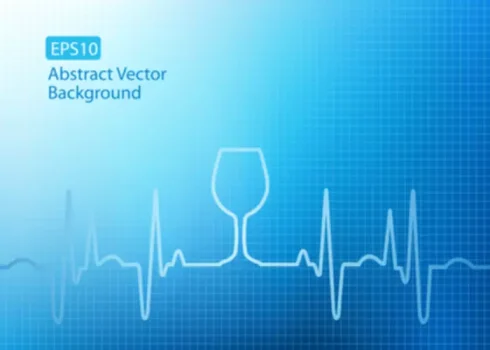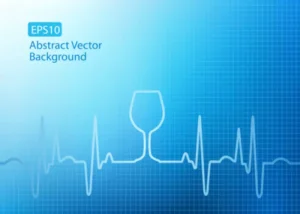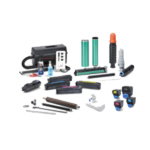
Additionally, a high alcohol tolerance is linked to an increased risk of alcohol dependence. People with a family history of alcohol dependence are more likely to develop a dependency themselves. Therefore, it is crucial to be mindful of one’s drinking habits and to seek professional help if concerned about alcohol use or tolerance levels. While alcohol intolerance itself is not life-threatening, chronic heavy drinking can lead to an increased risk of cancer, liver disease, mental health problems, and other serious health issues. Therefore, it is important for individuals with alcohol intolerance to avoid or restrict alcohol consumption to prevent adverse effects and reduce the risk of alcohol-related diseases. How do I assess my relationship with alcohol and recognize withdrawal symptoms?
Can alcohol tolerance lead to alcohol addiction?

In this situation it can be dangerous to stop drinking completely or cut your drinking too quickly without medical support. By taking a break from drinking, you can reset your tolerance, so that when you drink again, you will feel the effects of alcohol more quickly and at lower quantities. This can help you moderate your drinking and reduce the risk of becoming dependent on alcohol. Regular heavy drinking increases your risk of developing health problems, https://ecosoberhouse.com/ including liver, heart, and gut issues, as well as cancer and mental health problems.

Lowering Alcohol Tolerance Safely and Effectively

Are you finding yourself drinking more and more to achieve the desired effect? If so, then you need to learn about alcohol tolerance and understand why this is happening. CBT focuses on discovering and changing negative thought patterns and behaviors that contribute to alcohol use. CBT destroys the cycle of drinking as a coping mechanism for stress or emotional pain by teaching individuals to lay out and reframe unhelpful thoughts. It is a disease of the brain that has made you incapable of functioning without the drug.
Does Menopause Change the Way You Metabolize Alcohol?

Embarking on the path to addiction recovery requires determination and a wealth of knowledge and guidance. Unveil the far-reaching consequences of drug abuse, from health effects to social and legal implications. Discover how to face fear in recovery with coping strategies and support how to reset alcohol tolerance to embrace a stronger, healthier you. Join the Stomp the Stigma fundraiser to redefine recovery and fight mental health stigma through community support. Reaching out to resources such as SAMHSA’s National Helpline can provide guidance and encouragement on your journey to sobriety, making it easier to handle pressures in those social environments. Remember to set milestones and celebrate achievements, which reinforces dedication and progress toward a healthier, alcohol-free lifestyle.
Skin tests can determine if you have an allergy to specific components found in alcoholic beverages and are used to rule out the possibility of an alcohol allergy. Once alcohol allergy has been ruled out, the diagnosis for alcohol intolerance is typically based on your reported symptoms and a detailed medical history. Of these symptoms, facial flushing is the most common and will almost always be present.
- According to the National Institute on Alcohol Abuse and Alcoholism (NIAAA), more than 17 million people were struggling with an alcohol use disorder in 2014.
- Moderate drinking is generally defined as up to one drink per day for women and up to two drinks per day for men.
- Most people who try to moderate use without lowering tolerance do not find much success.
- Drug tolerance occurs when the body becomes less responsive to a substance after repeated exposure.
- Proper nutrition is crucial as well, ensuring the body receives essential nutrients for optimal functioning.
To assess your relationship with alcohol, start by examining whether your drinking habits are impacting amphetamine addiction treatment your social, psychological, and physical life. Keeping an alcohol use journal can help track your patterns, triggers, and emotions related to drinking, offering valuable insight. Be mindful of withdrawal symptoms like shakiness, restlessness, and nausea, which may indicate alcohol dependence and require professional help.






















